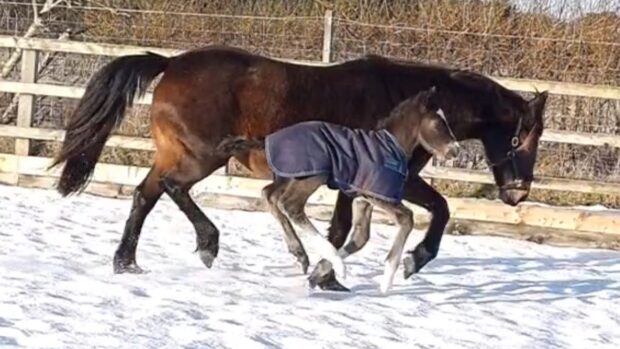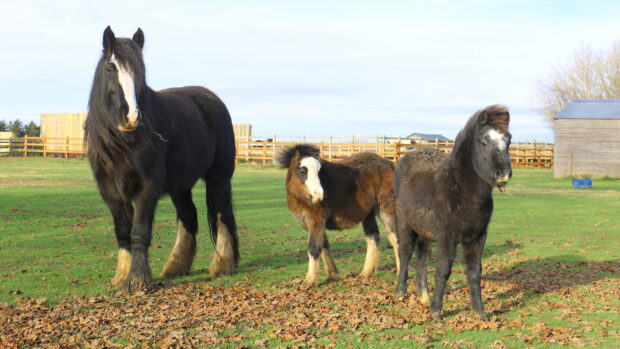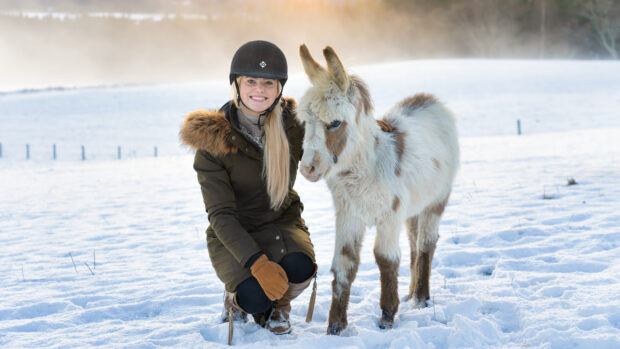More articles on caring for broodmares
and foals
View broodmares for sale
Q: Do mares with a foal at foot need worming more than usual?
I worm my horses with an ivermectin-based product and my mare’s droppings are full of redworms two days later. Does she needs worming again and should I use the same drug?
The foal has been wormed at four-weekly intervals and I have detected nothing in her droppings. Although her dam seems well, and she is producing plenty of milk, the sight of these worms horrified me.
Jo Holmes MRCVS replies: It is true that mares with suckling foals are under significant metabolic stress. However, I have seen worryingly large, entire worms passed by normal horses before, so don’t panic unless she is showing other signs, such as weight loss or diarrhoea.
Do consult your vet, though, to make sure that you are following a suitable worming programme. He or she can also take a faecal sample from your mare to assess whether she has a worm burden.
Some pasture becomes resistant to certain types of wormer, particularly the fenbendazoles. This should not affect your ivermectin-based wormer but your vet will be able to advise you more fully.
Worm your mare and foal at the same time, in order to reduce the foal’s exposure to internal parasites. Strongyloides westeri, the infective larvae from the redworm to which foals are most vulnerable, may be ingested with the dam’s milk as well as from pasture. Fortunately, most foals develop a resistance by three or four months.
Smaller strongyles may also cause problems in spring, when larvae that have lain dormant in the horse’s gut throughout winter can produce colic and diarrhoea in youngsters.
In all horses, most of the large strongyles will seriously effect the gut if the animal is not treated regularly.
Looking for more articles on caring for broodmares and foals?
View broodmares for sale near you



